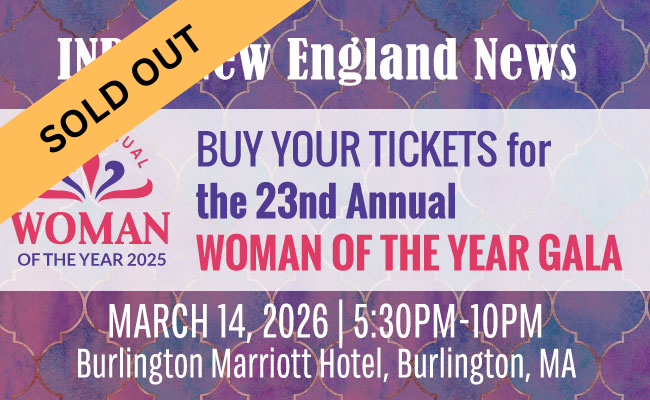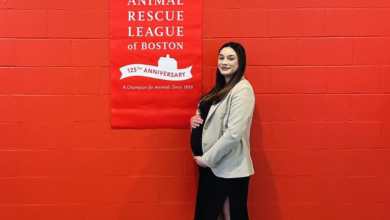My Journey Without My Mother Part-1: A Memoir

By Upendra Mishra
“Well, you might have a bigger pile of mangoes, but you don’t have your mother,” my cousin Gita yelled at me, her voice thick with anger. The words hit me like a bolt out of the blue. I froze, trying to process what she was saying. “What do you mean? Amma is my mother,” I protested, my voice trembling.
“No, you never had your mother. Amma is not your real mother. Your mother died many years ago,” Gita spat the words with such venom that it left me shaken. I had no idea how to respond.

This incident took place when I was about seven or eight. Gita and I, despite her being a couple of years younger, were nearly inseparable. We spent hours together, playing, arguing, and competing—whether it was for the best mangoes in the orchard or the biggest pile of fruit after they fell from the trees.
That particular mango season, the orchard was alive with the fragrance of ripe fruit. We had our usual tradition: each of us gathered the fallen mangoes into our own pile. On this day, my pile grew to an enormous size, easily outnumbering Gita’s by 50 or 60 mangoes. I couldn’t resist teasing her about it, feeling smug and victorious. Gita, however, was furious. The more I teased, the more frustrated she became. And then, in a moment of explosive emotion, she said something I wasn’t prepared for: the truth about my mother.
After her outburst, we continued picking mangoes, but I was no longer in the mood to enjoy it. My bag was too small to hold all the fruit, so I gave some of my mangoes to Gita. As we walked home, my mind raced, replaying Gita’s harsh words over and over. Could what she said be true? Could Amma—who I had always known as my mother—not be my real mother? Was she someone else entirely?
Unable to quiet the storm of thoughts in my mind, I rushed home and ran straight to my Bua. She had always been my confidante, and I needed to understand what was happening. I asked her, trembling, “Gita told me today that I don’t have a mother and that she died a long time ago. Is that true? Then who is Amma?”

Bua looked at me with sorrow in her eyes, and in that moment, I knew that something had changed forever. She embraced me tightly, kissed my forehead, and for several long moments, said nothing. Finally, she whispered, “Yes, now you’re old enough to understand. Your real mother died when you were just two years old. You had a younger sister, but she passed away as well.”
I was stunned. My heart seemed to stop. I had always believed Amma was my real mother. My whole world was built around that truth. “Then who is Amma?” I asked, my voice barely above a whisper.
“She is your stepmother,” Bua said, her voice soft and filled with a tenderness that only made the news more painful.
I was left speechless, my entire sense of reality shaken. No one had ever told me this. How had I lived all these years with this misconception? Why hadn’t anyone prepared me for this moment?
Growing up in our small village, which consisted of no more than a hundred families, I had always felt enveloped in love and affection. It seemed like everyone knew me, everyone cared for me. Villagers would scoop me up onto their shoulders or backs without hesitation, carrying me along the narrow, muddy paths that led through the village. If we passed a guava or jamun tree, they would pluck the ripest fruits and hand them to me with a smile. Life felt simple, easy, and full of affection.
Yet, something always puzzled me: Why was I treated so differently? Why was I the one everyone doted on? Why did they seem to go out of their way to care for me? I couldn’t understand it at the time. The villagers seemed to care for me in a way they didn’t for other children my age. I asked myself: What is it about me that draws this kind of attention? Was I special in some way, or was there something wrong with me that made me stand out?
At school, the pattern continued. I remember my 4th-grade teacher, Mr. Rameshar Tiwari. He was always kind to me, but I couldn’t figure out why. It wasn’t until one day when my friend Navnath shared with the teacher that my grandfather would scold me for any mistakes I made in math. Mr. Tiwari took me aside after class, asking me gently, “Is it true that your Baba scolds you when you get the answers wrong?” When I nodded, he said, “Why didn’t you tell me? If you had, I would have marked all your answers correct.”
From that day on, I never got a math question wrong in Mr. Tiwari’s class. He treated me with such affection, but it only deepened my confusion. Why was I treated with such care? Why did the world seem to go out of its way to make me feel special?
After my conversation with Bua, I found myself walking back to the orchard, alone. The Maldahwa tree, with its thick, low-hanging branches, had always been my refuge. I climbed up and sat on one of its sturdy branches, allowing the cool breeze to wash over me as the sun began to set. There, I cried—not just for the truth that had been revealed to me, but for the loss of everything I had known. I cried for a mother I never had and for a reality that would never be the same again.
That was the last time I cried. I haven’t shed a tear since that evening. Part of me longs for that release, that catharsis, but it seems as though all the tears dried up that day. A part of me feels as though I lost something essential that evening—a part of my innocence, perhaps.
Part 1 End. To Be Continued in Part 2…
(Mr. Mishra is managing partner of The Mishra Group, a diversified media firm based in Waltham, MA. The group publishes Life Sciences Times, Boston Real Estate Times, IndUS Business Journal, and INDIA New England News. He writes about his three passions: marketing, scriptures, and gardening.)





